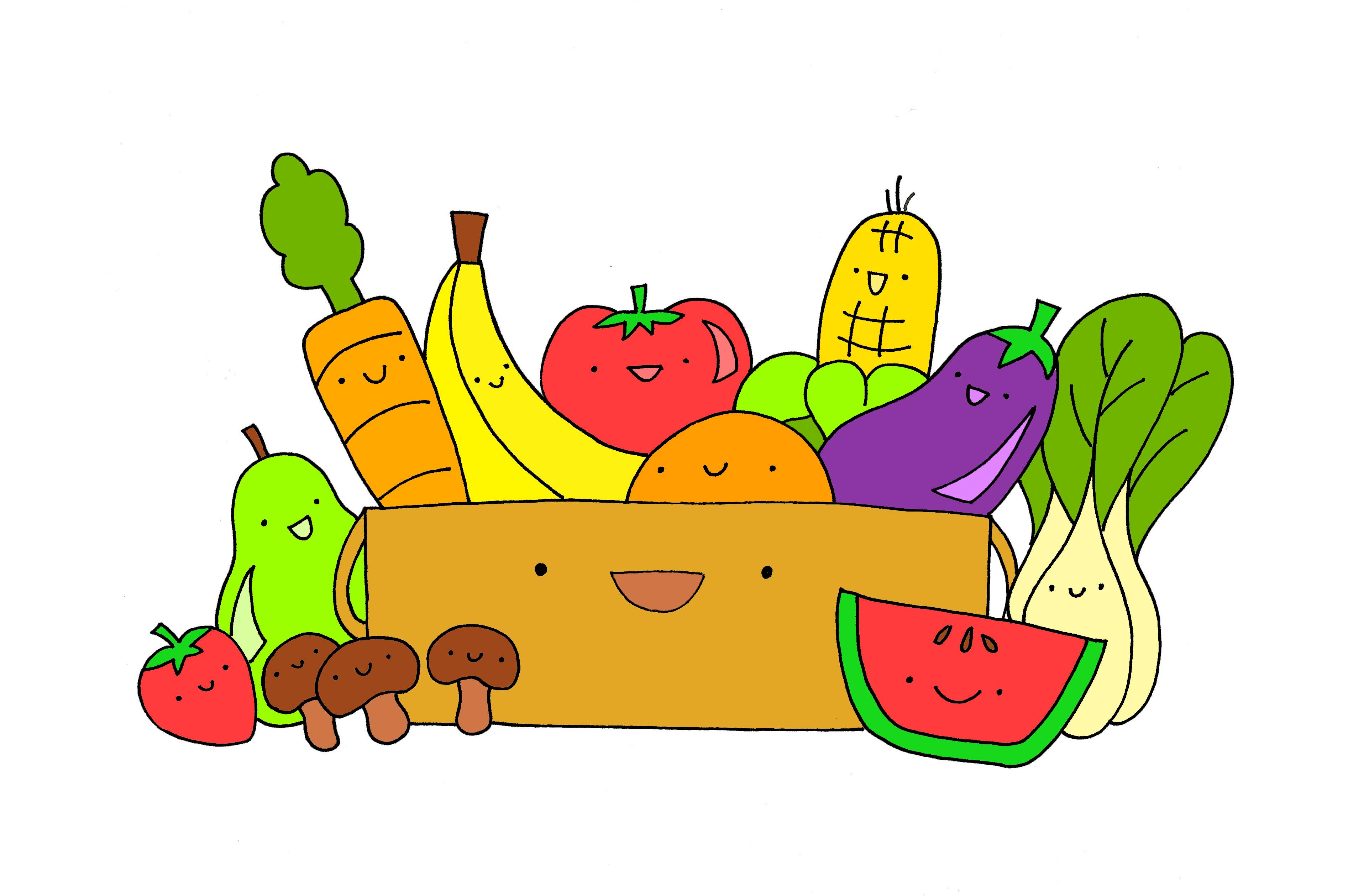A student-run food cooperative would let Bruins offer healthy, sustainable food options to each other, leading to a slimmer, greener UCLA

By Brittany Chu
June 20, 2011 12:57 a.m.
Any first-time college student has heard horror stories about dining hall food and the “freshman 15.”
Because there is so much food to choose from and unlimited servings, myths have spread about freshmen gaining weight as they enjoy dining hall food.
While the choice of food in the dining halls seems endless, in reality, students are limited to the food that is offered, whether it is unhealthy or not.
UCLA Dining Services should and has been focusing on providing sustainable food, but a better alternative to dining hall food, as well as the unhealthy options offered at Ackerman Union and other campus eateries, is a student food cooperative.
A campus food cooperative would be a student-run grocery store that provides sustainable food to students at affordable prices. “Sustainable food” refers to naturally grown food produced in a system where the resources used and expelled are easily absorbed by the environment.
As of August 2010, UCLA dining halls provided 2.45 percent sustainable food and they hope to increase this number to 20 percent by the year 2020. While the effort to provide sustainable food is good, a food co-op would make this goal more
immediate as well as involve student input.
Besides providing alternative sustainable food for students, a food cooperative gives students control over what they are eating.
“The central principal of a food cooperative would be an organization run on campus and owned democratically,” said Shaydanay Urbani, a third-year environmental studies and Middle Eastern studies student and former Daily Bruin contributor.
Urbani is an advocate for a food cooperative on campus and took the initiative to take a group of UCLA students on a food cooperation retreat this summer.
Students would be able to become members of the co-op and vote on what food to provide and what food to not provide. Volunteers would staff the store, thus contributing to the affordable prices compared to other expensive organic grocery stores.
Many schools such as UC Berkeley have started local food cooperatives, met with 100 percent success.
When UC Berkeley students found out that a Panda Express would be opening on campus, they decided to start something positive instead of protesting the fact that this eatery would offer even more unhealthy food to students, according to Evelyn Hammid, a third-year geography major and the storefront coordinator of Berkeley’s food co-op for the summer.
The democratic system would allow students involved to learn the ins and outs of running a business. Students would be directly involved in the business model and acquire leadership skills, as well as knowledge about food politics and cooking, according to Urbani.
Students of UC Berkeley’s food co-op have already begun to learn what it takes to run a business.
“It’s really great that we can all get together and make decisions,” Hammid said.
A food cooperative would foster a sense of community on campus. A campus as big as UCLA could use a place where students would be able to come together and get to know one another.
“Food has an incredible capacity to bring people together,” said Urbani.
A food cooperative would also help connect various independent groups and unite them to work for the same cause. Student groups would be able to come together with the goal of providing sustainable food to students and educating students on nutrition, sustainable food, and healthy living.
With so many benefits to students, the Undergraduate Students Association Council should offer support to a project as large as this. The first ever on-campus farmer’s market, hosted in April, was met with success and support from both USAC and students alike. Students are definitely interested in seeing more food options on the Hill, and a food co-op would provide this to them.
The Green Initiative Fund, a fund of money used for student-initiated projects in order to make UCLA a leader in sustainability as well as reduce UCLA’s negative impact on the environment, should be utilized in order to fund such a large venture.
According to Hammid, Berkeley’s food co-op got its start-up money from this very same fund.
This fund makes the dream of a food co-op a very realistic venture. Students should have access to affordable sustainable food as well as a say in what they have access to.
Do you think it’s time for UCLA to create a student food cooperative? Email Chu at [email protected]. Send general comments to [email protected].


